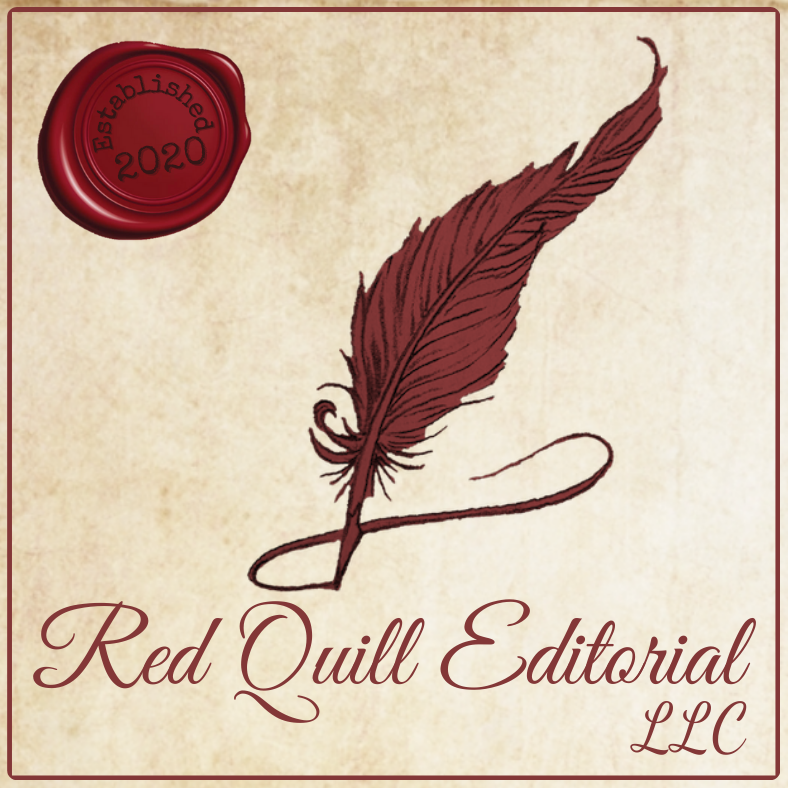Like any genre, romance has a lengthy list of popular subgenres, including contemporary romance, regency romance, romantic fantasy (romantasy), and my personal favorite, romantic comedy. If you can find a way to combine two genres, there you have it.
But on this note, does it matter which word comes first when blending genres? Most of us simply overlook the order or take it for granted, but it actually does make a difference. In blended genres, the second word reflects the main genre—the one that is the most prevalent and important to the overall story. The first word, then, is a descriptive term classifying the book within that broader category. So, in a historical romance, romance is the main genre while historical simply describes a slightly lesser but still prominent element (in this case, that the story is set in the past).
Now that we understand the order of the words, here’s a list of some of the popular subgenres within romance.
Billionaire Romance
One of the main characters is rich/famous while the other is not. Often explores the fish-out-of-water trope for one or both characters as they adapt to each other’s worlds.
Christian Romance
Spirituality mixed with wholesome love.
Contemporary Romance
Modern setting, themes, problems, etc.
Erotic Romance
While sex is a big part of this subgenre, it is used as part of the greater plot, where intimacy is a fundamental part of the development of the relationship and the building of the overall plot.
Gothic Romance
Macabre settings and haunted characters. Can be set in the Middle Ages or modern times and includes elements of horror, mystery, and gore with curses, ghosts, and dark secrets.
Historical Romance
Set in the past (think medieval, western, Victorian era, etc.).
LGBTQ+ Romance
The characters in these novels are outside the traditional male/female relationships.
Medical Romance
Centered around the lives of doctors, nurses, or other healthcare providers. Often explores the balance needed for high-demand careers while still maintaining a love life.
Paranormal Romance
Features otherworldly characters such as vampires/werewolves, angels/demons, ghosts, etc. The story may also take place on another planet, with magical elements, or with technological aspects.
Regency Romance
Includes a king/queen/kingdom setting and usually takes place in the past.
Romantic Comedy
Light and heartwarming with lots of awkward and funny moments.
Romantic Suspense
Drugs, murder, or kidnapping are often involved with the relationship still at the core of the plot.
Western Romance
At least one of the characters is a cowboy/cowgirl or works on a ranch, or the story is set in the Old West.
Young Adult Romance
Teenagers to young adults dealing with awkward and confusing feelings of first love.
A Final Note
Remember, this list is just some of the most popular subgenres in romance, but the actual list is truly endless and the specific nuances and details of your book can vary largely from these generic descriptions. The sky’s the limit!
More About Romance
Want to learn even more about the romance genre? Check out these other Tips for Writers articles in the Writing Romance series:
- Introduction to the Romance Genre
- Four Major Beats
- Heat Levels
- Archetypes & Tropes
- Popular Subgenres
- How to Write a Romance
Red Quill Editorial LLC

Think you might be ready for an editor? If you’re unsure what type of editing you need, want to know how much it might cost, or simply have a question for me, Contact Me today. I am happy to discuss your manuscript with you!
Return to the Tips for Writers index


